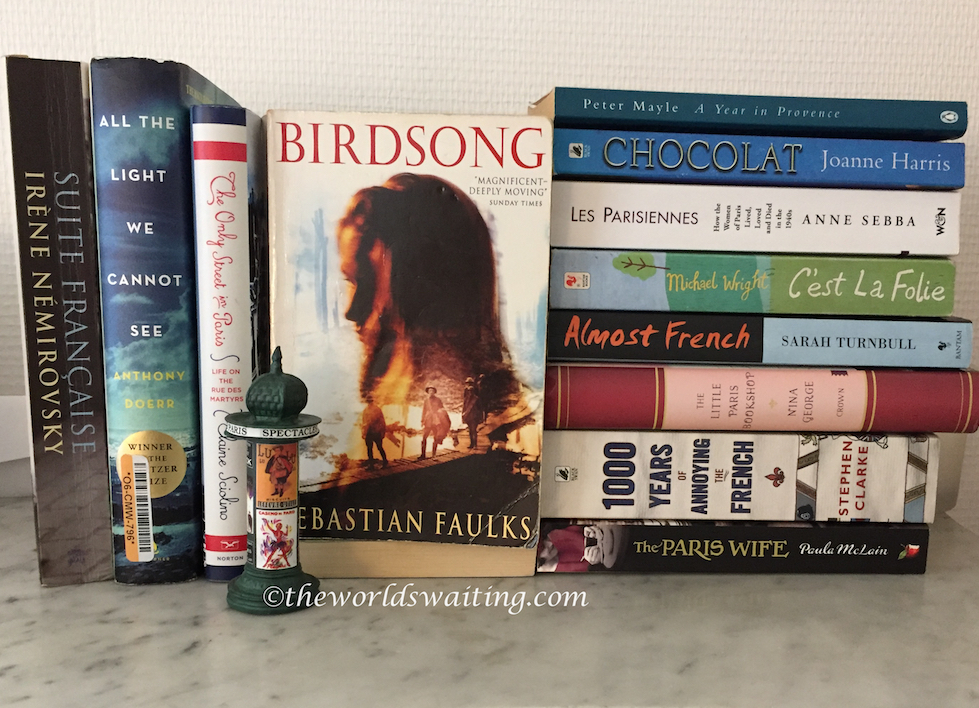
Evil Eyes
You won’t be in Turkey long before you notice you are being watched. Large, mostly blue eyes hang from buildings, cars, above doorways, and feature in jewellery. These eyes are called ‘nazar boncuk’ in Turkish and are often referred to, rather misleadingly, as evil eyes. he evil eye is in fact a benevolent eye that wards off evil. Across the world it is widely believed that a look of the wrong kind from someone can bring bad luck, hence the phrase ‘to give someone the evil eye’. In Muslim society it is also strongly believed that evil looks bring injury or bad luck because, although it is believed that only God can truly offer protection from evil, the phrase ‘the influence of an evil eye is a fact,” features in Islamic literature (Sahih Muslim, Book 26, number 5427).
It is believed that misfortune from an evil gaze can be deflected with another eye, hence the Turkish habit of surrounding themselves with evil eyes. Envy is predominantly what is guarded against, and therefore it is not uncommon to see articles of value, either financial or emotional, adorned with evil eyes. They are frequently built into the walls of houses, found hanging from the rear-view mirrors of cars, or on necklaces. Newborn babies often have tiny evil eyes safety-pinned to the back of their shoulders.

Evil eyes come in many shapes and forms. The eyes that you can hang up were traditionally made from clay but nowadays are often made of glass or ceramics. They are often very plain but can feature intricate detail in their design. In jewellery they are frequently made from glass or plastic. They often feature in pendants but also on rings, earrings and even hairclips.

The evil eye is commonly found in Mediterranean Europe and the Middle East, but is found in many countries including those as far away as Mexico and some in South Asia.
Across the world different cultures have different beliefs and superstitions. What are yours?






7 Comments
Steve
Wow, this is a fascinating look something I didn’t know about Turkish culture. So you can find these eyes all over the place? Interesting.
I’ve heard of the evil eye thing before, but I thought it was just a look. I didn’t know that somewhere there were eyes hanging around as protection.
My recent post Why Most Travel Fears Are Ridiculous
Fifi
Great post – It is a little like being watched everywhere you move in Turkey! I bought one as a souvenir but an old lady said it wouldn’t bring me any luck because I wasn’t Turkish!!
My recent post Something missing …
Liv
Hi Steve – Protective eyes are used in several countries but I first came across them in Turkey so I tend to think of them as a Turkish thing. I really like the idea of a lucky eye to protect against evil.
HI Fifi – I haven’t heard that before and it seems a rather mean thing to say, especially when the evil eye is not exclusively Turkish. Ignore the naysayers and believe what you want I say!
My recent post Brittany’s rose granite coast
adangerousbusiness
I can’t wait to see how many of these I can spot in Eastern Europe and Turkey later this summer! Such an interesting superstition.
My recent post An Ode to San Francisco Street Art
Liv
Hi Amanda – I am sure you will see them everywhere. Enjoy!
My recent post Tips for Expat Success
Suzanne Jones
Great post. I’m heading to Turkey in September – I’ll watch my back!!
My recent post Emilia-Romagna and BlogVille – what’s it all about…?
Liv
Don’t worry Suzanne, all the evil eyes will be watching your back too!
My recent post Thailand’s Tiger Temple